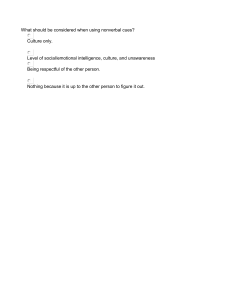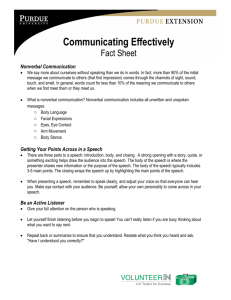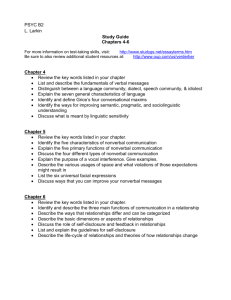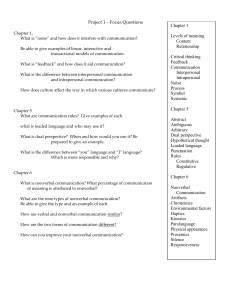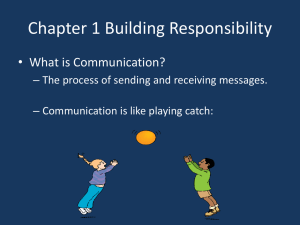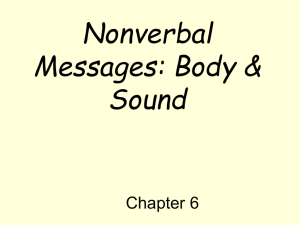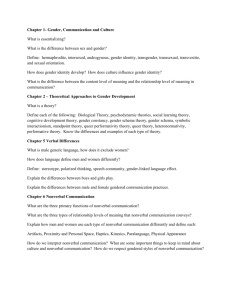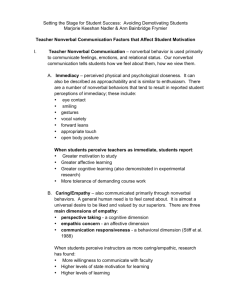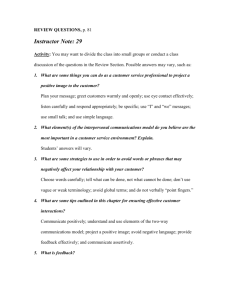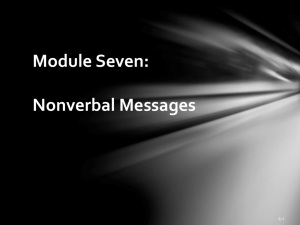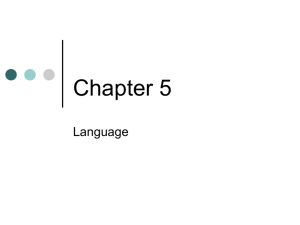Toni-3
advertisement
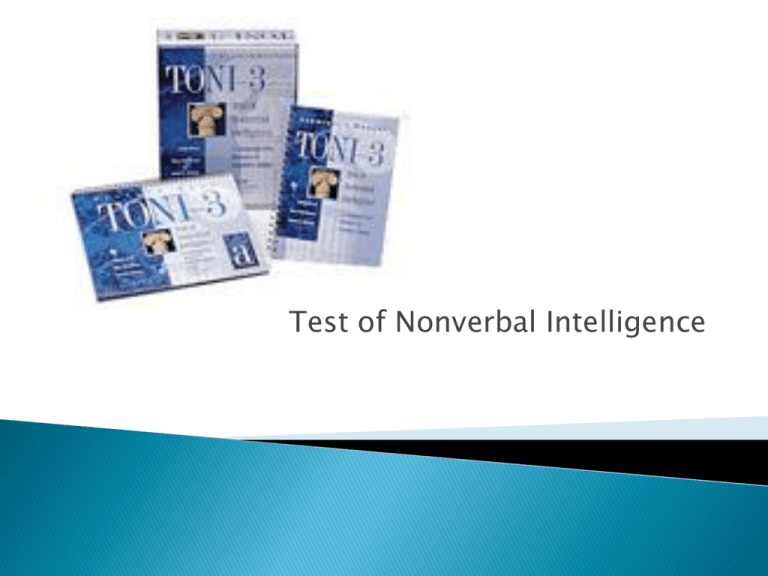
Test of Nonverbal Intelligence Used for screening Nonverbal intelligence test Measures intelligence, aptitude, abstract reasoning, and problem solving. It’s adaptable to individual disabilities/ cultural variances (people who can’t listen, speak, read, write, who are from different cultural backgrounds, or who have neurological impairments) It can be used with groups or individuals in or out of schools The Toni-3 clearly evidences a high degree of reliability. It was tested for various types of potential test error and found to be reliable in three major areas: Alternate form reliability, test-retest reliability, interscorer reliability. The magnitude of these coefficients strongly suggests that the Toni-3 possesses relatively little test error and that users can have confidence in the consistency and stability of its results. Sources of Error Toni-3 Forms Alternate Form Reliability Test-Retest Reliability Inter-Scorer Reliability Averages Form A 93 91 .99 .96 Forms B 93 92 .99 .96 National representative of more then 3000 people ages 6 to 89 Represented in a number of diversities Stratified by: ◦ ◦ ◦ ◦ ◦ ◦ ◦ ◦ age gender race ethnicity geography/location community size language spoken at home and SES Criterion Tests CTONI Pictorial Nonverbal IQ Geometric Nonverbal IQ Overall Nonverbal IQ Form A TONI -3 Form B .74 .64 .76 .72 .64 .74 WISC-II Verbal Scale IQ Performance Scale IQ Full Scale IQ .59 .56 .63 .53 .58 .63 WAIS-R Verbal Scale IQ Performance Scale IQ Full Scale IQ .57 .75 .73 .51 .76 .71 It meets high standards for norms, reliability, and validity It language free allowing anyone who can see to take it It is mostly abstract eliminating cultural differences It is easy to administer and score It is appropriate for any age It has two forms to allow for retesting or post testing Only one subtest There is a new version (TONI-4) to be released soon It is a supplemental IQ test, it should not be used for broad spectrum IQ test Compared to some other tests the TONI-3 may overestimate an individuals performance Since the TONI-3 provides a strong norm sample and high measures of validity and reliability we would recommend the use of this test. It provides an alternative form of assessment when subjects cognitive, language, or motor impairments make traditional tests inappropriate or ineffectual. However, it is mainly a supplemental test and should not be solely relied upon to test IQ.
